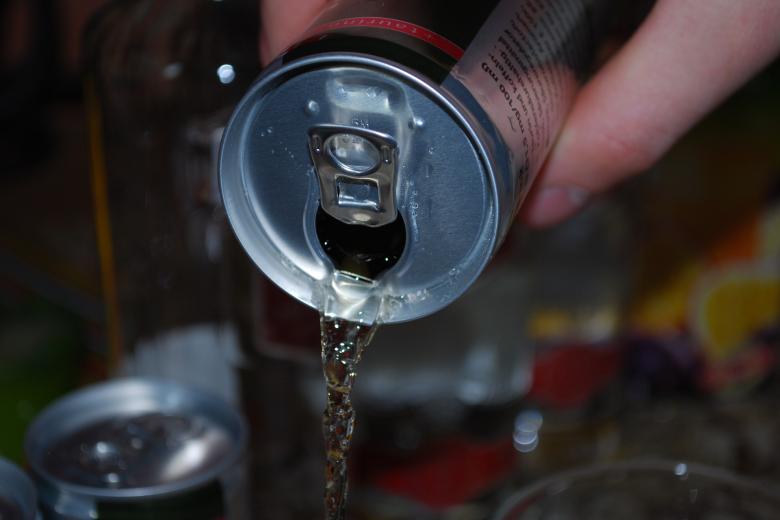Artificial Intelligence and patents - How far should protection go?
Artificial Intelligence has become a key player in today's society, especially with regards to technological and medical advances. However the question is, has the current patent system been able to provide suitable protection for inventions relying on Artificial Intelligence without human input?
John McCarthy has defined Artificial Intelligence (AI) as “the science and engineering of making intelligent machines”.Now, more than ever, artificial intelligence is playing a vital role in our society. The surge in the use of artificial intelligence can be attributed to the recent developments achieved in relation to algorithms, increased computing power and the availability of vast amounts of training data.
When discussing AI, one alone must consider the different sets of technical applications which can be utilised. For instance, self-driving cars, cybersecurity, robotics, natural language processing, speech recognition and image recognition to name a few. Interestingly, when it comes to medical technology, already more than 50% of medical applications include AI.
Patentability of Inventions involving AI
As in other fields, when patenting inventions involving AI at the European Patent Office, a two- hurdle test is applied. The first hurdle deals with patentability, because not all inventions are patentable. One of the applicant’s goals in relation to inventions involving AI is to avoid the exclusions of subject-matter, in particular e.g. computer programs, mathematical methods, algorithms, rules and methods for performing mental acts which are all excluded if claimed “as such” (Art 52(2)(3) EPC). Per the EPO Guidelines “as such” includes activities which typically represent purely abstract concepts devoid of any technical implications. Since AI can be classified as a computer programme or algorithm, the exclusion grounds are highly relevant.
The second hurdle is the establishment of a technical purpose (Art.52(1). In other words, what Article 52(1) is trying to determine, is whether there is a technical problem solved by technical means? For instance, an applicant seeking to gain protection over an algorithm will have to prove that it has contributed to technical analysis, but most importantly, that the algorithm has pointed to a specific direction. Per T 258/03 technical character results either from the physical features of an entity or (for a method) from the use of technical means.
Is it desirable to have patents on inventions involving AI?
The real issue at hand is, does our current IP system provide adequate protection of inventions involving AI, which work without human input?
At the moment, the answer to this question is not clear. Its patentability could, however, have drastic effects on AI. Some scholars have argued that as patents promote innovation and if patents become available for AI, this will cause an increase in innovation. Others say that allowing AI to be patented is not desirable, as we need access to the information that AI generates in order for them to be used in further developments, especially in relation to medical breakthroughs.
Another risk that may occur is that of granting broad patents, leading to patents on fundamental machine learning techniques, which would be detrimental to advancements in industries relying on AI. However, this can be addressed by ensuring clarity in the way claims are drafted, in order to balance the patent rights with the applicant’s contribution to the state of the art.
Conclusion
Only time will tell how exactly the current patent system will adapt to AI’s prominence in our society. For now, the system seems to be accommodating inventions achieved by relying on AI quite adequately. However, as AI continues to evolve even further, there is little doubt that the patent system will have to undergo some overhaul in order to correspond to such advances.
| Written by Alana Whelan and published on Law Blogs Maastricht |
-
When are foreign language terms descriptive and hence should be refused trade mark protection?
Recently, the General Court in the HELL coffee case has confirmed that a descriptive foreign language term (German word HELL) can be granted protection under EU trade mark law (Hell Energy v. EUIPO, T-323/20).

-
Trade marks trolls: how to prevent abusive practice?
When we talk about Trade Marks Trolls we don’t mean the ugly creature that might come to your mind. Instead, we speak about practices that constitute an abuse of trade mark law. So, how to defend yourself against such behaviour?

-
The art of claim drafting when protecting AI systems
With AI’s recent breakthrough in machine learning, now more than ever inventors are looking for ways to protect AI systems. But obtaining patent protection depends on the right claims.
